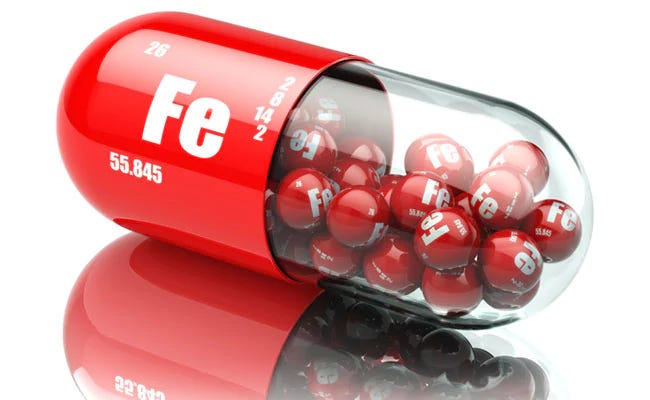How to Pick a Good Iron Supplement
When I was a teenager I had a strong conviction to stop eating meat and animal products because of a trip to a forbidden Romanian monastery. The monks there allowed us in, and one of them told us that everyone who ate meat would burn at the return of Jesus. Being young and impressionable, and also religious, this made me into a “vegan” for about 7 years until I went to college.
I use the word “vegan” in quotations because I wasn’t actually smart about my diet or really trying to be “plant based” in any intelligent way. I was a teenager. Not eating animal products meant eating microwaveable “vegan” pizza and chips or non-dairy ice cream. It was a terrible idea, and by the time I was a young adult I started to have pale skin and my hair was falling out, along with anxiety and sleep disturbances.
Eventually I began my journey with health testing, nutrition and supplements — and that’s when I realized I had probably incurred an iron deficiency from my fanatical behavior. Iron deficiency is rare in men, because we don’t lose iron like women do through their periods, yet nonetheless in this case it was definitely going on due to years and years of nutritional neglect.
Keep reading with a 7-day free trial
Subscribe to The Dance of Life Podcast with Tudor Alexander to keep reading this post and get 7 days of free access to the full post archives.




